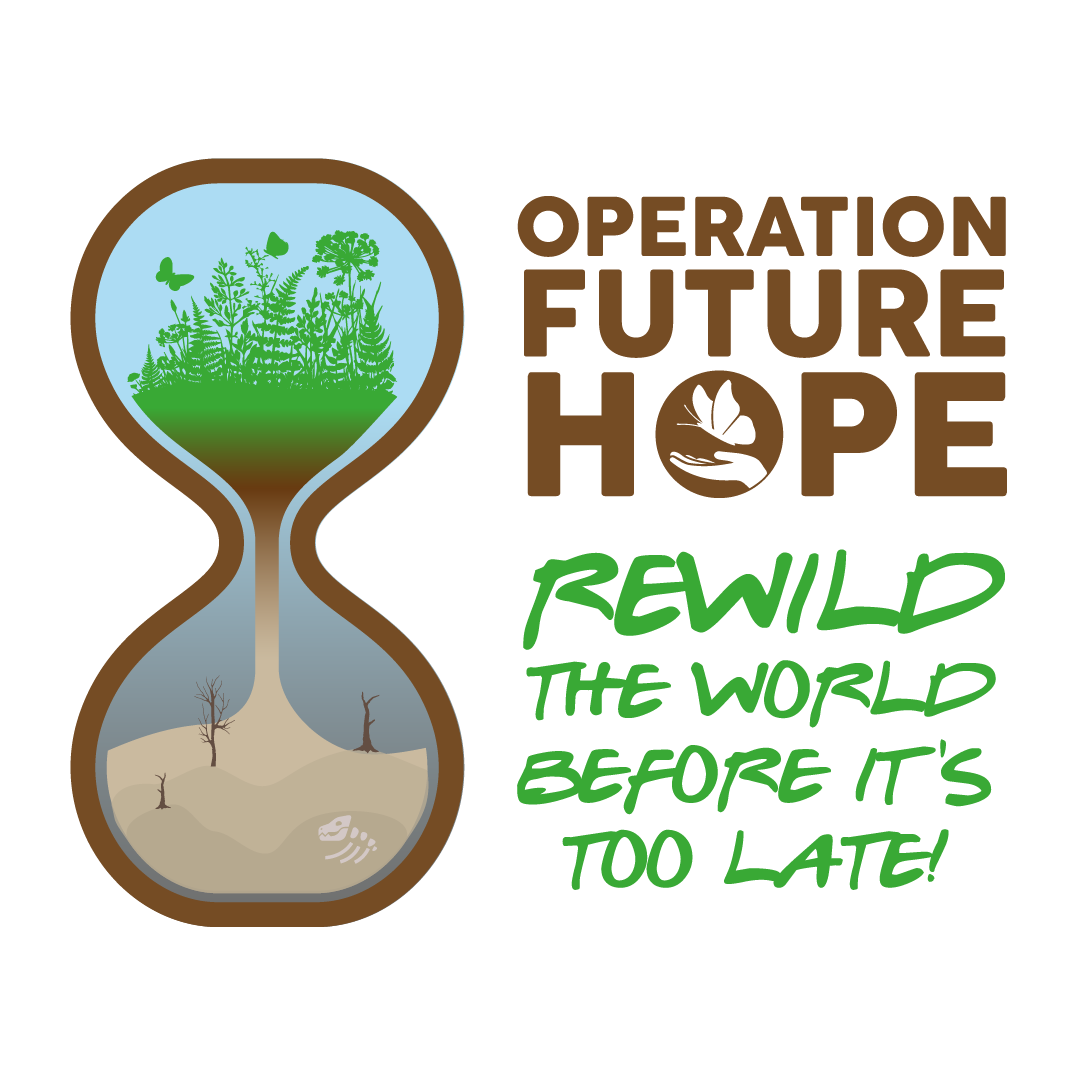
Future Generations.
Why is it so important to inform young people about what is happening to the planet?
67%.
of vertebrate species lost in the last 50 years.
1.7
Earth’s now required each year to meet our demand for ecosystem services and resources.
75%
of the Earth’s ice-free land surface has been significantly altered, most of the oceans are polluted, and more than 85% of the area of wetlands has
been lost.
75%.
decline in invertebrates populations across Europe alone with up to 98% decline in temperate areas - e.g. the Luquillo rainforest in Puerto Rico.
"Environmental education has failed because it is not keeping pace with environmental degradation."
-Charles Saylan, Marine Conservationist.
The Hard Facts
Sumatran elephants trying to navigate their way through ravaged land, and the palm oil plantations that replaced their rainforest home. Photo by Paul Hilton.
The World Wildlife Fund and the Zoological Society of London's Living Planet Report makes terrifying reading. In 2012, human consumption for one year required ecosystem services and resources equivalent to 1.7 Earth’s. By the end of that same year, we had seen a 58% decline of all vertebrate species monitored between the years 1970 and 2012.
The trend is continuing; the 2020 Living Planet Report report showed a further 10% decline in just 8 years - we have now caused the loss of 68% of land and marine species on the Planet, and on our current trajectory things will only get worse. Invertebrates are also disappearing, with populations falling by 75% across Europe and as much as 98% in a recent study in the Luquillo rainforest in Puerto Rico.
If business continues as usual, and habitat loss remains unchecked, elephants, rhinos, orangutang, tigers and thousands of other species, including the endangered in our own land, will become extinct in the wild within the next 10 years.
Think about the horror of what you have just read - have we become numb to the numbers, why are we not acting with urgency?
The real cost of habitat loss, displaced male Orangutan in Sumatra.
The question for young people who are about to go out into the world and become employers and employees, husbands and wives, fathers and mothers - do they know about these facts, do they really understand what is happening to their world and why?
If the next generation are not informed about the impact of human conflict with wildlife, and our unsustainable consumption of the planet's ecosystems services and resources, then they are very likely to do nothing to redress the situation. Now is the time to empower young people through education that will inspire them to create the change that the scientific and conservation communities know we so desperately need; there is still time to save nature and the species that are critically endangered today, BUT WE MUST ACT NOW.
"The next generation has the ability and the capacity to create new solutions, to generate new ideas, and to develop into the leaders, pioneers and educators that society needs in order to bring about the shift to a regenerative culture across the world."
— Lesley Malpas, Founder Operation Future Hope.
Young people are the future hope, for the preservation of the planet and all the species that live here, however they now have a mammoth task on their hands - the undoing of the systematic destruction of the natural world that has run unchecked for the last 200 years. In order for biodiversity to survive, future generations will have to:
• Stabilize a world population that is growing at the rate in excess of a quarter of a million people each day (approx. 360 K babies born each day).
• Stabilize and then reduce the emission of greenhouse gases, which threaten to change the climate—perhaps disastrously.
• Protect biological diversity; scientists estimate between 150 – 200 species become extinct every 24 hours.
• Reverse the destruction of rainforests (both tropical and temperate), now being burned at the rate of 312 square miles or more each day.
• Conserve soils, now being eroded at the rate of sixty-five million tons per day.
• Use energy and materials with great efficiency; learn how to utilize solar energy in all its forms.
• Rebuild the economy in order to eliminate waste and pollution and learn how to manage renewable resources for the long term.
• Begin the great work of REWILDING and repairing as much as possible, the damage done to the earth in the past two hundred years of industrialisation.
• And do all of this while addressing worsening social and racial inequities. No generation has ever faced a more daunting agenda. (David Orr, Ecologist)
It is our responsibility to inform, educate and help future generations.
We must act now, with urgency, and equip young people with the skills to enable a transition to a regenerative culture - one that acknowledges our inseparable, interdependent relationship with the rest of community of life.



